Hippocrates – 1st Father Of Medicine And His Radical Pioneering Role In Aromatherapy
Born in Kos, Greece in 460 B.C, Hippocrates is undoubtedly regarded as the father of all medicine. This prolific ancient physician was born in a lineage of physicians, his father and grandfather were all in the trade of treating the sick. This young man was inspired early on and his passion for medicine gained momentum when he traveled throughout Greece to explore medicine while getting hands-on experience.
A Scientific Approach to Medicine
Hippocrates is credited to have pioneered scientific investigations when it came to illnesses. He challenged the belief in divine forces when it came to sickness and instead, he tried to study other factors like environmental causes and remedies. He used logic to dismantle the idea that plants and nature worked as medicine only because of their supernatural powers. He went ahead to study and document cases in a bid to uncover the secrets of nature and herbs when it came to healing.
The Hippocratic Corpus, a collection of around 60 works on medical topics, is attributed to Hippocrates and his students. This compilation contains one of the first references to aromatherapy in the history books. The text reads: “Aromatics can be used for simple amusement or as cures when mixed into suitable ointments and rubbed on the body.”
“Aromatics can be used for simple amusement or as cures when mixed into suitable ointments and rubbed on the body.”
Hippocrates and Aromatherapy
While there is no clear evidence that Hippocrates developed aromatherapy or that he was the first to use essential oils for healing, his pioneering role in studying and documenting the effects of plants and nature on the human body means he played an important part in laying the foundation for what we know today as aromatherapy.
Hippocrates used aromatherapy as a tool to treat his patients. The practice was not only limited to inhaling the fumes of burning oils, but also involved using essential oils in massage, compresses and baths. In fact, one of the most popular methods for using essential oils that is still used today, namely diffusers, can be traced back to Hippocrates. He would often hang pots of essential oils near the head of his patients in order to help them breathe in the therapeutic vapors.
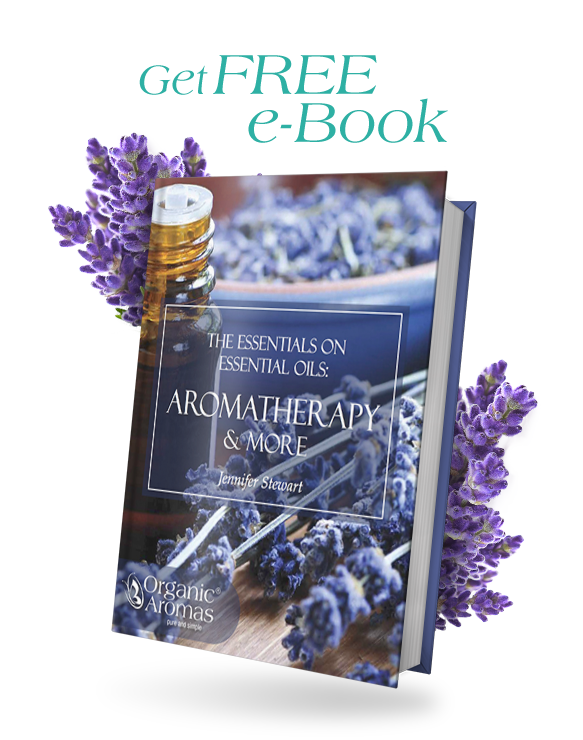
Sign Up to Get Your FREE
e-Book Here…
Hippocrates was not only a great doctor, but also a gifted teacher. He trained many students who went on to have successful careers in medicine. More than 1,500 herbal remedies have been attributed to him and his school of thought helped shape Western medicine as we know it today.
While aromatherapy may not be as widely accepted by the medical establishment as it was in Hippocrates’ time, there is no denying the fact that this ancient practice has stood the test of time and continues to be used by millions of people. Some of the top herbal remedies developed by Hippocrates are still used today, proving that there is definitely something to be said for the power of plants!
Hippocrates’ Philosophy
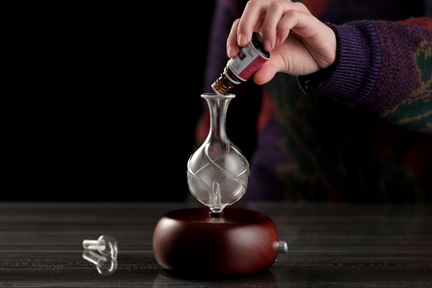
Hippocrates is still quote-worthy, hundreds of years after he passed away. He is best remembered for saying “Let food be thy medicine and medicine be thy food”, a saying that is as relevant today as it was back then. This famous physician’s words ring true for many people who choose to use essential oils and other natural remedies to support their health and well-being.
Whether Hippocrates was the first to use aromatherapy or not, there is no doubt that he was a pioneer in the field of medicine. His philosophy of using food as medicine is something that we can all learn from and his legacy continues to inspire people all over the world. He laid a firm foundation for the statutes of medicine that are used today.
Another excellent quote from him is ” The way to health is an aromatic bath and a scented massage every day.” This quote speaks to the power of aromatherapy in promoting relaxation and well-being. It is no wonder that so many people continue to turn to this ancient practice for relief from stress, anxiety and other ailments.
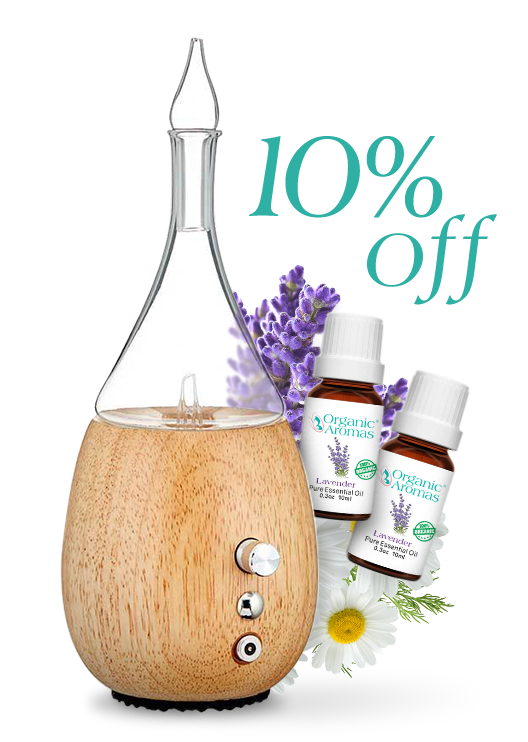
Join Now and Get a Coupon for 10% Off!
Revolutionary Ideals
Hippocrates was way ahead of his time and his beliefs and practices got him in trouble. By challenging the role of gods and mystical beliefs in regard to health and wellness, he was thrown in prison for his views. It is believed that he was sentenced to 20 years in prison. After being released, he was forced to leave his homeland of Greece.
Despite the obstacles he faced, Hippocrates continued to spread his message and beliefs. He even wrote a famous medical oath, Hippocrattic Oath that is still used by doctors today. This oath contains the phrase “to do no harm”, something that is at the heart of Hippocratic medicine.
The legacy of Hippocrates is one of a true visionary who was ahead of his time. His ideals and practices are still relevant today and continue to inspire people. Aromatherapy is just one example of how his work has stood the test of time and continues to be used by millions.
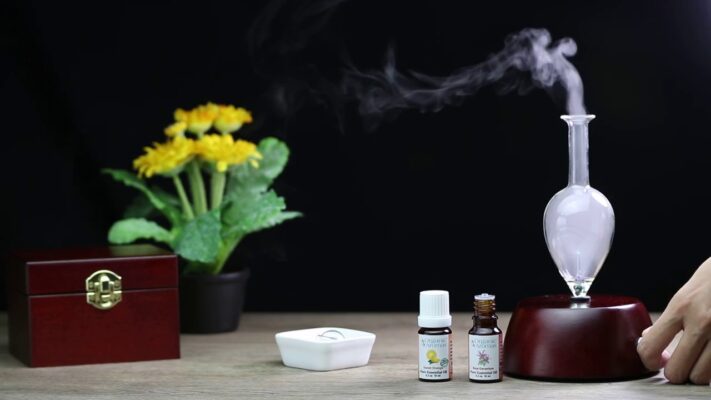
A Lineage of Medicine
Hippocrates together with his wife had two sons and a daughter. Their two sons and son in law also became physicians, cementing a strong family affair with healing and medicine. Hippocrates died at the age of 84, a ripe old age during his time. Some records suggest that he was more than 90 years old when he died in the ancient town of Larissa. His love for aromatic baths and scented massages was passed down to his sons who in turn continued with the tradition.
Hippocrates’ great-grandson, Herodicus was also a skilled physician who is said to have cured the Olympic runner, Philip of Macedonia of an illness that had baffled other doctors. This strong lineage of medicine men and women is a testament to Hippocrates’ beliefs and practices.
Final Thoughts
Even though he is no longer with us, the legacy of Hippocrates lives on through his teachings and the work of his descendants. His philosophy of using food as medicine is something that we can all learn from and his legacy continues to inspire.
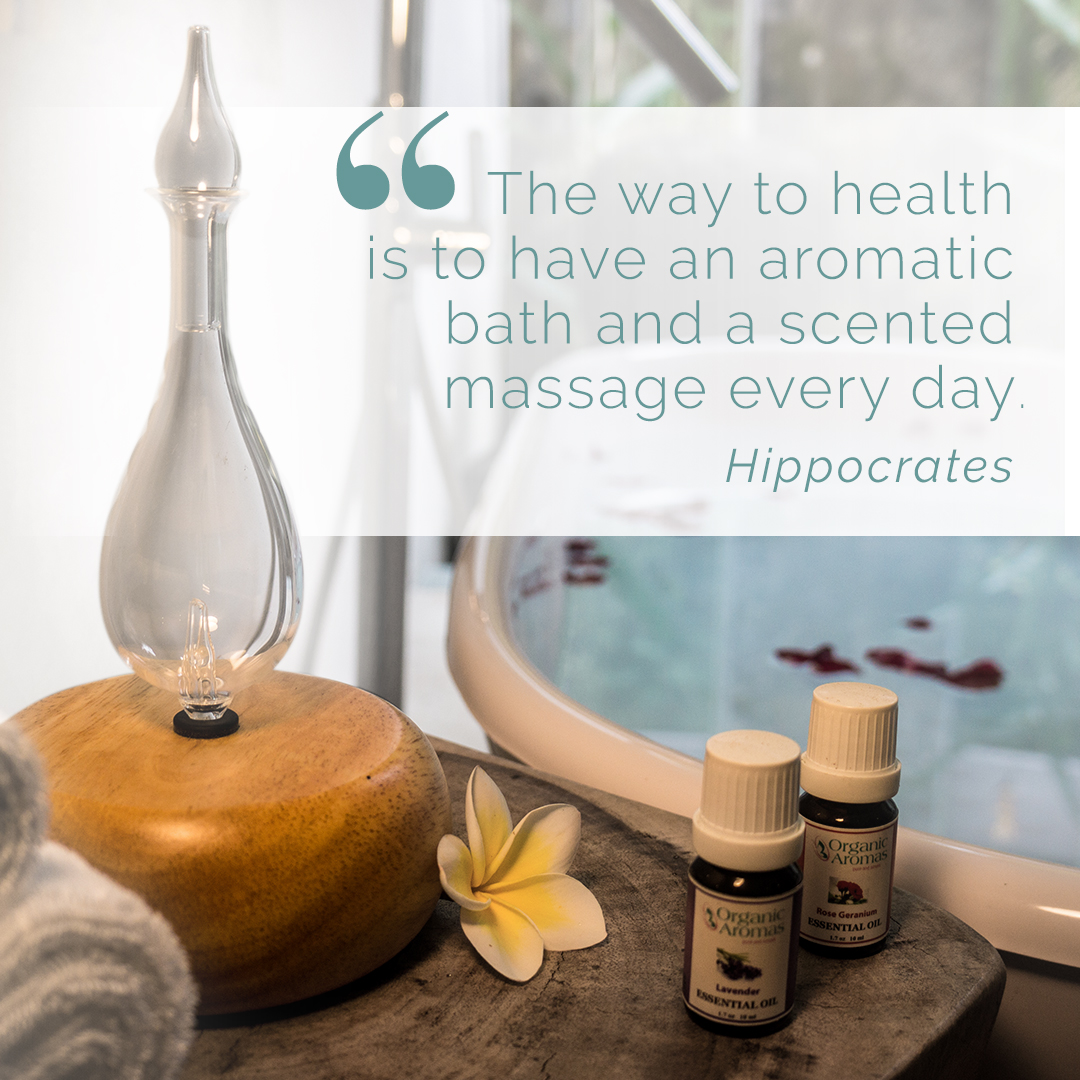
Frequently Asked Questions (FAQ)s
Who was Hippocrates?
Hippocrates, often called the “Father of Medicine,” was a Greek physician born around 460 BC. He is credited with advancing the systematic study of clinical medicine, establishing a medical school, and professional ethics through his Hippocratic Oath.
How did Hippocrates contribute to aromatherapy?
Hippocrates promoted the use of aromatic plants for healing. He believed in harnessing nature’s power, including the use of essential oils and fragrant herbs, to improve well-being and help in healing processes.
What are some key principles of Hippocratic medicine?
Key principles include the belief that diseases were natural occurrences, not punishments from the gods, and that the body must be treated as a whole. Hippocrates also emphasized the importance of environmental factors and diet in health.
Can aromatherapy truly impact health and wellness?
Modern research supports the idea that aromatherapy can have beneficial effects, such as stress reduction and mood improvement. Essential oils are used to enhance physical and emotional health with their fragrant compounds influencing the brain’s emotional center.
What essential oils were commonly used in Hippocratic medicine?
While specific records are sparse, it is likely that common oils such as myrrh, frankincense, and marjoram were used, given their prevalence in ancient texts and medicinal practices of the time.

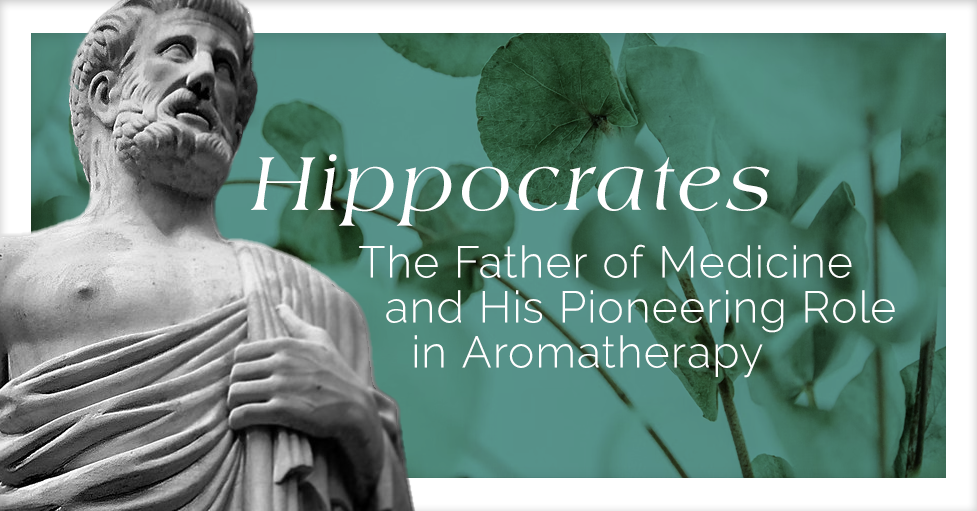

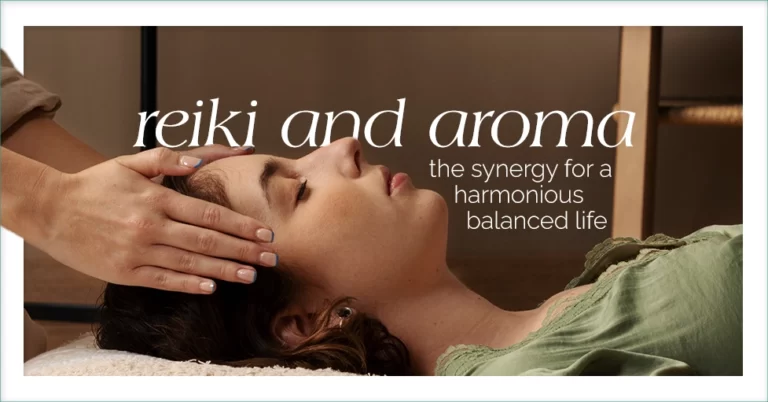
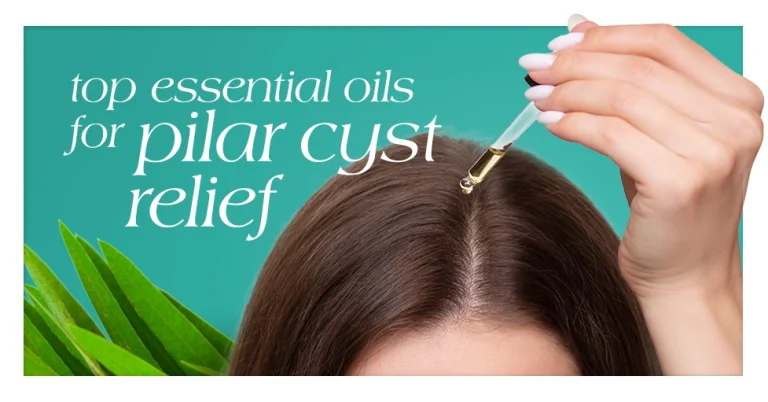
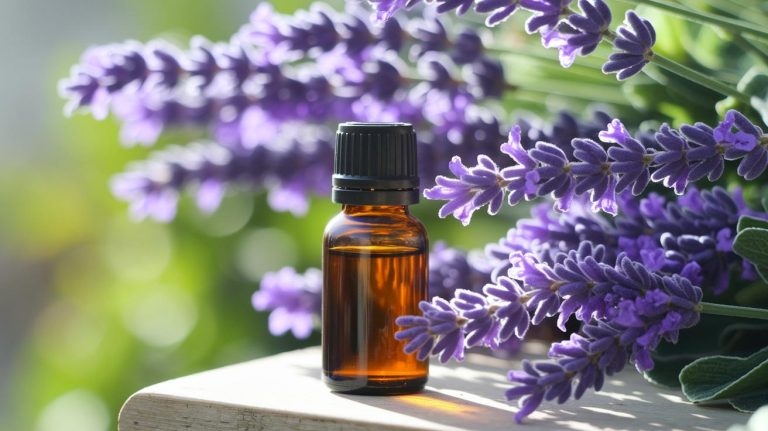
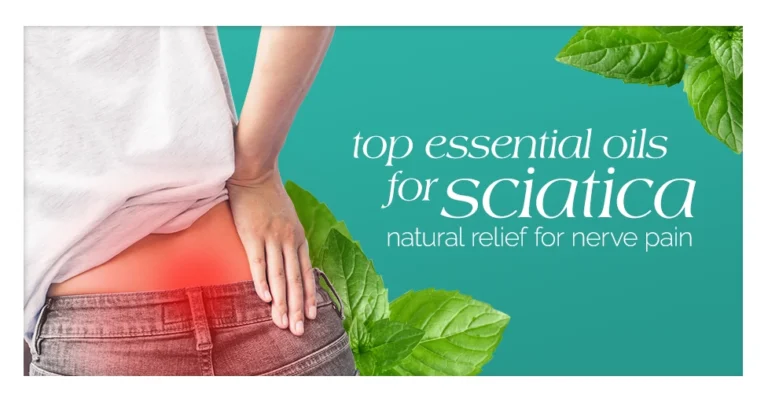

Oh WOW!! I can’t believe I never considered giving credit to Hippocrates, who is truly responsible for the “Do No Harm” oath’s moniker. So awesome! Thank you for sharing! I couldn’t agree more with a perfumed bath and massage being vital to good health!!
Awesome Article
This is an interesting article on ancient health.
Aromatherapy is therapy!
I thought it was new age stuff lol
Very informative
Thats amazing
I always forget that oath is actually named after hin.
I’m a big aromatherapy fan! I’ve always got an oil diffuser just diffusing away in my room, feels very zen. Also handy that it keeps the spider’s and little creatures of the house away! x
This is an interesting article on ancient health.
Wonderful
Great information. Thanks for sharing!
I just find it amazing how much the ancients knew without all of the scientific advantages we have these days!
interesting! I never knew about those health benefits ! Thanks for sharing these information !
thats
cool
cool
Very cool and based
awesome , thanks for the info
I never knew he was imprisoned for his beliefs
the father of medicine
Very interesting! I had no idea aromatherapy went that far back
Great article!
Thanks for all the information!
I’ve read a lot about Hippocrates and this article did justice to his greatness
Thank you for the information.
I am now going to start using oil in my daily routine
Food is medicine. I need to think about this every time that I sit down to eat.
Love me some history lessons! Thank you for sharing!
In Hippocrates time and until recently plants were the only source of complex chemicals that could treat disease.
Wow I didn’t know about those health benefits ! Thanks for sharing these information !
I love your blogs, great information. Thank you for sharing.
Interesting
Hmmm
great info thanks
Aromatherapy is one of the few good treatments from back during those times that I’ve heard. Usually people back then would use crazy treatments that did more harm than good. Very interesting read.
The Amazon gift card would be most useful.
Happy holidays!
Very interesting, thanks for sharing!
This was an interesting read. I had no idea Hippocrates was into aromatherapy.
Love your Blogs, I learn so much from them and they are interesting.
This is a very interesting article on the father of medicine, Hippocrates.
“Do no harm” – I wish all physicians would adhere to this one…
Such a memorable Quote “ Let Food be thy Medicine and Medicine be thy food “
Love it!
I know of many Hippocrates !!
it’s interesting to read about the history of this!
Oh WOW!! I can’t believe I never thought to attribute the “Do No Harm” oath to the man it’s actually named after, Hippocrates!! So cool!! Thx for sharing this!! I couldn’t agree more about a scented bath and massage being key to good health!!
We owe a lot to the ancient Greeks!
Interesting article. I didn’t realize that Hippocrates used aromatherapy.
im shocked hippocrates recomended massages
Very interesting article. I didn’t realize that Hippocrates used aromatherapy.
Interesting article. I didn’t know that Hippocrates used aromatherapy.
love the article!
Very interesting article
Good read, makes sense, worth the time spent. 🙂
Good to know.
Nice!
very enlightening!
Being in the medical field this was a cool read
Very interesting. To be thrown in jail for these beliefs!!
Old schoolest
I’ve always loved essential oils and the benefits they provide. So much healthier than the scented stuff sold in stores.
Very cool. Thanks for sharing.
He had ideas, tested them out and stood firm on his knowledge. Even though it cost him, time has proven him right. Hippocrates was a courageous doctor. We need more people like him today.
Love all of this information on how Hippocrates lives on through his teachings and his philosophy of using food as medicine is something that we can all learn from and his legacy continues to inspire
Informative! I always believe in a nice, long relaxing bath with aromatics to relax.
An aromatic bath and scented massage a day sounds like heaven. Oh to have the time to do so.
That’s a lot of excellent information.
some good info ty
Your posts are always informative
Very interesting information!
Thanks’ it was very helpful
Thank you Interesting post.
interesting i didn’t know these things about hyppocrates
I feel smarter now
Very cool! Thanks for sharing!
INTERESTING…
Awesome article– I didn’t know that hippocrates had a hand in any of this. So cool!
Interesting reading
awesome info! thank you!
Thats awesome!
I’ve been reading about this & will try
Hippocrates was way ahead of his time for sure :0
Thank you for sharing this
Nice information !!
Great
very interesting article. Hippocrates sounds like a very wise man and wasn’t afraid to challenge people’s way of thinking. very educational and a good read. definitely wouldn’t have known this much about him without reading this piece!
Wow I’ve always wanted to learn more about Greek God’s! You presented it in such a fascinating way!
This is an interesting and well written article. I like being informed about all things science. I didn’t have a clue that Hippocrates had an interest in aromatherapy!
Nice!
Very interesting – thanks for sharing!
Great post – thanks for the hard work!
Great Article
amazing info
Thank you for the information.
very true about aromatherapy
I love aromatherapy.
Great Read! Super interesting stuff!
I learned something new about Aromatherapy and Hippocrates.
thanks
Great to know. Thanks for sharing
Very interesting article
Really interesting article about Hippocrates!
Very intrigued with this information. Thank you!
Well that’s interesting- who knew way back then
A really good read, thank you. I do love Aromatherapy, the smells are divine and it gives you that me time, it’s so relaxing
Very interesting and informative.
Great information
This really works, my friend had some and it changed her world. Smells soooo good!
This was very interesting to read.
Great information and a great read!
Interesting
Great and informative
Great man way ahrad of his time…
I love this and I love aromatherapy. This was very cool. Thanks!
This was a very informative read. My sister has been using aromatherapy for years.
Great information and a great read!
Great information and a great read!
interesting
Interesting read!
Very nice
Learned something new
very cool, i love reading about historical figures!
very interesting and informative, thanks
Such common sense
Very interesting read on Hippocrates!
good read
Oooh, can’t wait to try!
Awesome!
enjoyed this
Nice article about aromatherapy,
I love this and I love aromatherapy. This was very informative. Thanks!
thanks
I didn’t know he had anything to do with aromatherapy.
good info
I should put more focus on food being fuel
Great article
GOOD SMELL FOR HOLIDAYS!!!
Very ahead of his time!
This is actually so interesting.
Love these teachings
Great article
I love aromatherapy! I’ve got my oils in my diffuser all day long.
Great read, love aromatherapy and history
So interesting. Just like a previous person posted, I, too, studied thimin college but had no idea his connection with aromatherapy.
They do say you learn something every day!
Great read! Love reading of great minds.
So interesting. Love reading this
Interesting article
I’ve been somewhat aware of his role in a scientific method but never knew he used aromatherapy! Great article!
Very interesting
Super interesting stuff! I’m currently learning about him in one of my college courses
Interesting. I didn’t realize aromatherapy was practiced I ancient times.
Really interesting information. I had no idea Hippocrates was interested in aromatherapy.
Interesting Read
Not sure how to comment as I am elderly
Very informative.